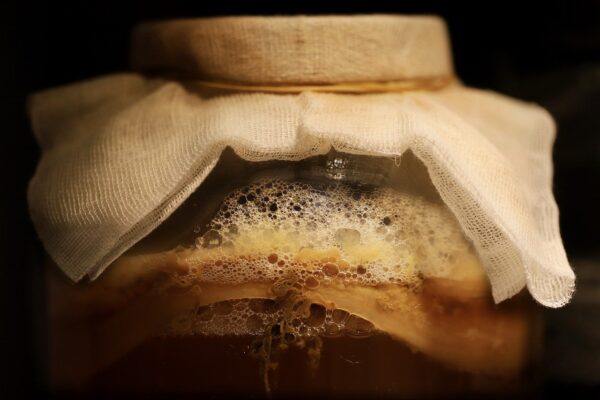Blog
Why You Should Only Drink Organic Coffee
There’s a lot that goes into crafting the ideal cup of coffee. From visiting cafes on the high street to making it in your own kitchen, many factors must align in order to create that ideal brew. When selecting coffee beans organically grown is often better – conventional ones contain harmful synthetic substances while organic beans don’t.
Chemical-free beans also taste better; organically-grown coffee has been described by its enthusiasts as having fuller, richer flavour without having the “metallic” aftertaste found in nonorganic products due to the absence of herbicides and pesticides that leave residues that have negative impacts on human health.
Utilizing less pesticides is also good for the environment and local wildlife. Chemical fertilizers may cause soil erosion and deforestation, leaving native plants and animals without habitats in which to live. Organic farms utilize natural fertilizers like coffee pulp, chicken manure and compost as natural ways to keep their land healthy; furthermore this method of farming also helps combat climate change by decreasing carbon emissions while sequestering vast amounts of carbon from their land.
Sustainable and fair trade practices make organic coffee an invaluable way of supporting local farmers and their families. Organic farms tend to be family-owned, creating better economic prospects for all members of the community. Furthermore, increasing consumer support for organic foods will encourage even more farms to adopt sustainable farming methods.
Organic coffee cultivation also benefits local communities and protects unique natural environments, such as tropical forests. Commercial production has caused hundreds of thousands of acres of rainforests to be cleared for commercial coffee production; but organic farmers use shade-grown methods that protect this precious ecosystem. Forested farms can be more resistant to changing weather patterns while capturing and retaining moisture within their soil – helping ensure high-quality coffee production.
Organic coffee offers many health advantages. One key benefit is its abundance of antioxidants, which protect our cells and may prevent diseases or premature aging. Antioxidants can be found in various fruits and vegetables such as coffee – however dark chocolate, berries, tomatoes and green leafy vegetables contain the most potency antioxidants. By drinking organically-grown coffee you’re taking in an abundant source of antioxidants while supporting an industry dedicated to healthy ecosystems and sustainable farming.
Once you know how to identify organically-grown coffee, it should be fairly easy to spot its packaging with its USDA Organic seal. This seal serves as proof that its beans meet United States Department of Agriculture regulations regarding growth and production.



